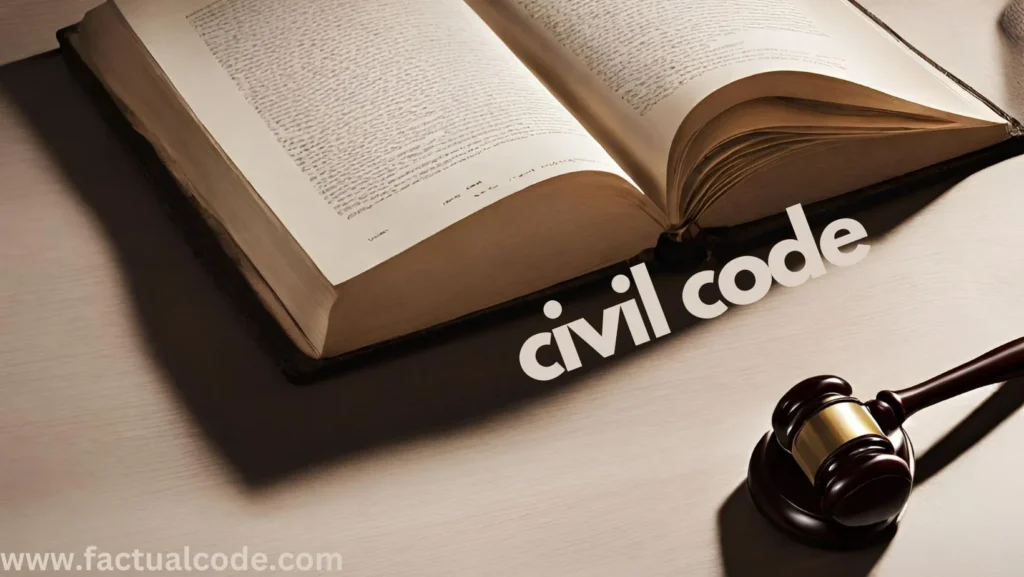Introduction
Ensuring equal access to judicial remedies is a cornerstone of the Indian legal system, guided by principles of equity and justice. Order XXXIII of the Code of Civil Procedure (CPC), 1908, provides a crucial mechanism for indigent individuals to file suits without incurring court fees. This procedural safeguard upholds constitutional mandates, particularly Article 14 and Article 39A, which guarantee equality before the law and access to justice.
This discourse explores the procedural intricacies for instituting suits by indigent persons, elucidating statutory provisions and analyzing pertinent case law.
Definition of Indigent Person
Under Rule 1 of Order XXXIII, an indigent person is defined as:
An individual who does not possess sufficient means (excluding properties exempt from attachment under law) to pay the prescribed court fees.
An individual whose property, apart from those exempt from attachment, is valued at less than one thousand rupees.
This definition reflects the necessity of balancing judicial accessibility with the integrity of legal processes.
Procedure for Filing a Suit as an Indigent Person
Order XXXIII delineates a comprehensive procedural framework for instituting suits by indigent persons.
1. Application Submission (Order XXXIII, Rule 2)
The applicant must file a detailed application seeking leave to sue as an indigent person.
The application should contain all particulars required in a plaint and include a comprehensive schedule of the applicant’s movable and immovable property, along with estimated values.
The submission must be made in person unless the applicant qualifies for exemption.
2. Preliminary Examination (Order XXXIII, Rule 4)
The court preliminarily examines the applicant to assess the merits of the application and verify the claim of indigency.
In cases where the applicant is represented by an agent, the court may utilize a commission for examination.
3. Grounds for Rejection of Application (Order XXXIII, Rule 5)
The court may reject an application under the following circumstances:
Non-compliance with procedural requirements.
Failure to establish the status of indigency.
Fraudulent claims or lack of a prima facie cause of action.
Presence of an existing agreement concerning the subject matter of the suit.
4. Inquiry into Indigency (Order XXXIII, Rule 1A & Rule 6)
The court conducts a comprehensive inquiry to ascertain whether the applicant qualifies as an indigent person.
Evidence may be presented by both the applicant and the opposing party. The Chief Ministerial Officer is often delegated to carry out this inquiry.
5. Hearing of the Application (Order XXXIII, Rule 7)
The court evaluates arguments, examines witnesses, and considers evidence presented by the parties.
Upon conclusion, the court decides whether to grant or reject permission to sue as an indigent person.
6. Admission and Registration (Order XXXIII, Rule 8)
If the application is approved, the court registers it as a plaint and proceeds with the case in the same manner as a regular suit.
7. Revocation of Permission (Order XXXIII, Rule 9)
The court retains the authority to revoke permission if:
The applicant engages in misconduct.
The financial status of the applicant improves.
The applicant transfers or assigns an interest in the subject matter of the suit.
8. Appointment of Pleader (Order XXXIII, Rule 9A)
The court may appoint a pleader to represent the indigent person and ensure fair legal representation during proceedings.
Significant Case Laws
1. Union Bank of India v. Khader International Construction (2001)
The Supreme Court articulated the criteria for determining indigency and emphasized a pragmatic approach to evaluating an individual’s financial status.
2. A.A. Haja Muniuddin v. Indian Railways (1992)
The court underscored that the inability to pay court fees should never preclude an individual’s right to access justice.
3. Lakshmi v. Vijaya Bank (2010)
The case clarified that the right to sue as an indigent person is inherently personal and does not extend to legal representatives unless expressly permitted by the court.
4. M.L. Sethi v. R.P. Kapoor (1972)
The Supreme Court highlighted the applicability of discovery provisions in suits filed under Order XXXIII, thereby reinforcing procedural fairness.
5. R. Jayaraja Menon v. Dr. Rajakrishnan and Another (1997)
The Kerala High Court addressed the revocation of indigency status when the financial condition of the applicant undergoes substantial improvement.
Conclusion
Order XXXIII of the CPC serves as a vital legal instrument to fortify access to justice for economically disadvantaged individuals. By establishing stringent procedural safeguards and ensuring judicial oversight, it facilitates genuine claims while safeguarding the integrity of the judicial process. The judiciary, through significant case laws, has consistently reinforced the importance of this provision, underscoring its role in upholding the constitutional mandate of equal justice.

